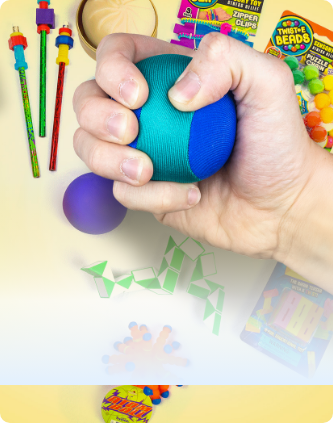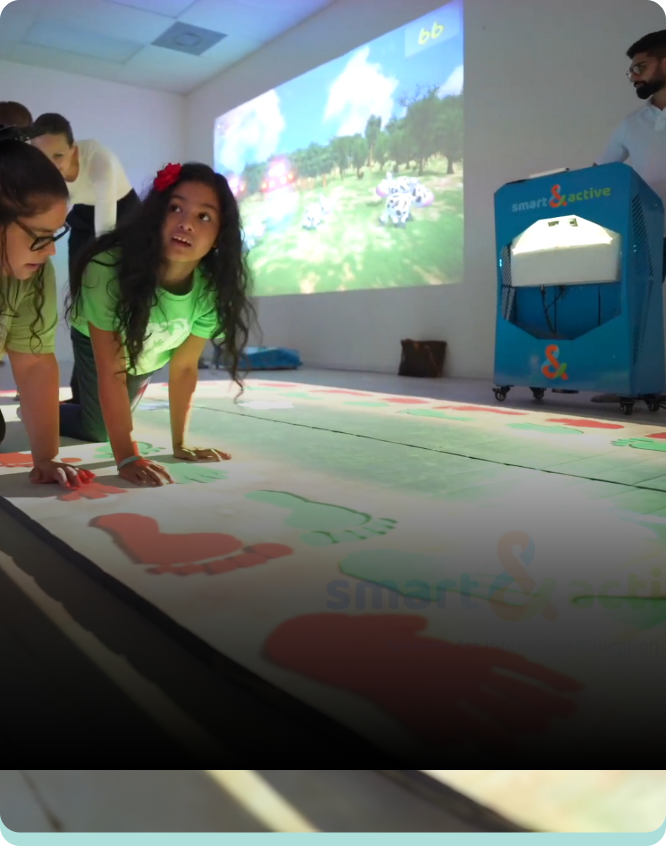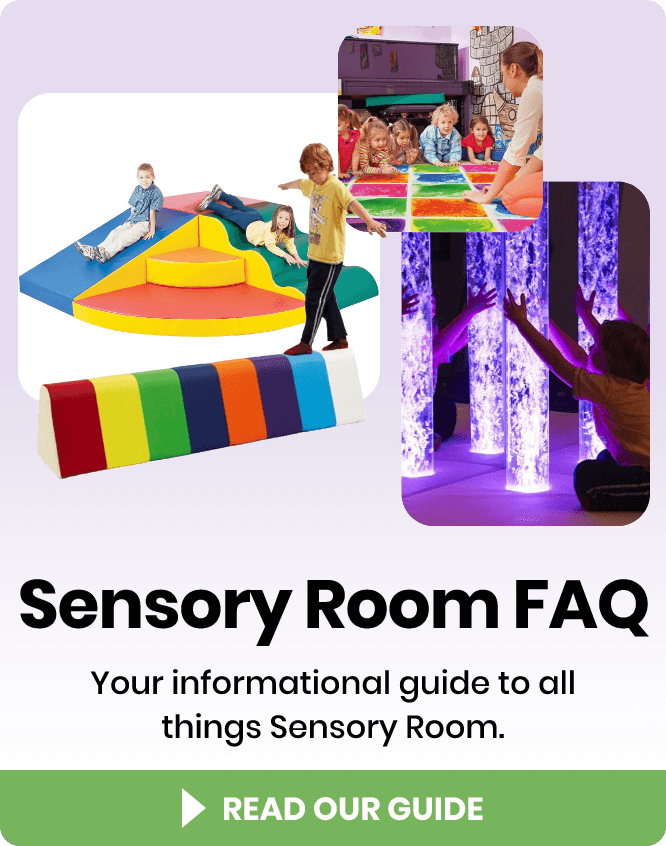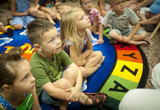Are We Being Fair?
Posted by Bonnie Arwine, award winning author, and President of National Autism Resources on Jan 23rd 2019
The other day a friend of mine shared a story about her child. He is nonverbal and in a new early intervention program. He is learning the school routine and starting to have success sitting during circle time.
The other day his teacher started reading his favorite book and he was sitting listening. Then a couple of his classmates started poking him. They poked him and he said “ouch.” This happened a couple of times until frustrated. He then pushed one of his classmates across the room. Yikes!
The teacher then separated the boys. She had the boys that were poking say sorry. They then rejoined circle time. Meanwhile, my friend’s child was still upset and unable to calm down so he had to be removed to another room.
As I listened to the story I thought - how is this fair? I felt so sorry for my friend’s child.
Here is my perspective. My little friend is primarily non-verbal. He was using what little language he could to let his teachers know there was a problem “ouch”. That is good, that is communication, that for him was asking for help.
Had the teacher intervened at this point everything would have been fine. But the response really bothered me. She made the other two boys apologize and then they got to go back to the story.
My question is this: did my little friend understand what the term sorry meant?
He is in the process of being tested, he may or may not be on the spectrum. Did the teacher stop to think that my friend may not be able to understand the changed perspective of his peers?
I would like to share another perspective on what happened.
My little friend is happy because his teacher is reading his favorite book. He might have been thinking, “This is exciting! This is fun! I love this book… Uh, oh, someone is touching me. I don’t like this. Ouch! They are still touching me. Ouch! I want to hear my story. Ouch! Ouch! Ouch! I’m going to move them away from me so I can enjoy my story…
Oh no the teacher isn’t reading my story, lots of people are making noise. I feel sore from being poked. The mean boys are looking at me making noise. The teacher is looking at me making noise, no one is reading my story. This is awful, I don’t feel good, they won’t let me listen to my story. I want to go home!
Was this fair or an appropriate intervention for my friend?
We send our kids to school to learn to communicate, self-regulate, and interact with others. My little friend tried communicating, he did not start the altercation, and he does not have the tools to self-regulate.
Why should he have to sit in the room alone?
Why can’t he get to hear the rest of his favorite story?
If it is understood he doesn’t have the tools to respond appropriately, and he has been bullied was this the appropriate response for him or just the easiest response?
Shouldn’t the other two boys also have to face a consequence for inappropriate behavior? Wouldn’t it have been more fair if they had to miss the rest of the story too?
As educators, we need to stop and try to take in the perspective of everyone. Typical conflict resolution isn’t effective and can teach the wrong message to our kids with behavior and communication challenges.
Did my friend learn from this experience that school is not safe? Did he learn that it is OK for my classmates to touch me inappropriately? We don’t know, I hope not.
Dealing with conflict in the classroom is challenging. Teachers are in charge of a whole class, they have IEP goals to meet, a plan to execute, a finite amount of time, and often find themselves dreadfully understaffed. I want to acknowledge its challenging.
I am sure in the moment this teacher reverted to the standard way we all manage conflict with children.
In writing this I am asking that we all stop, while it is quiet, and think through what a better way next time could be. Are we taking on the perspective of all of our students? Are we taking into account their abilities? Are we remembering that the basic understanding of sorry, forgiveness, bullying, may need to be explicitly taught?
Behavior is a form of communication and that includes our behavior. We need to do our best to make sure we are communicating the message we want to communicate with both our words and actions.







